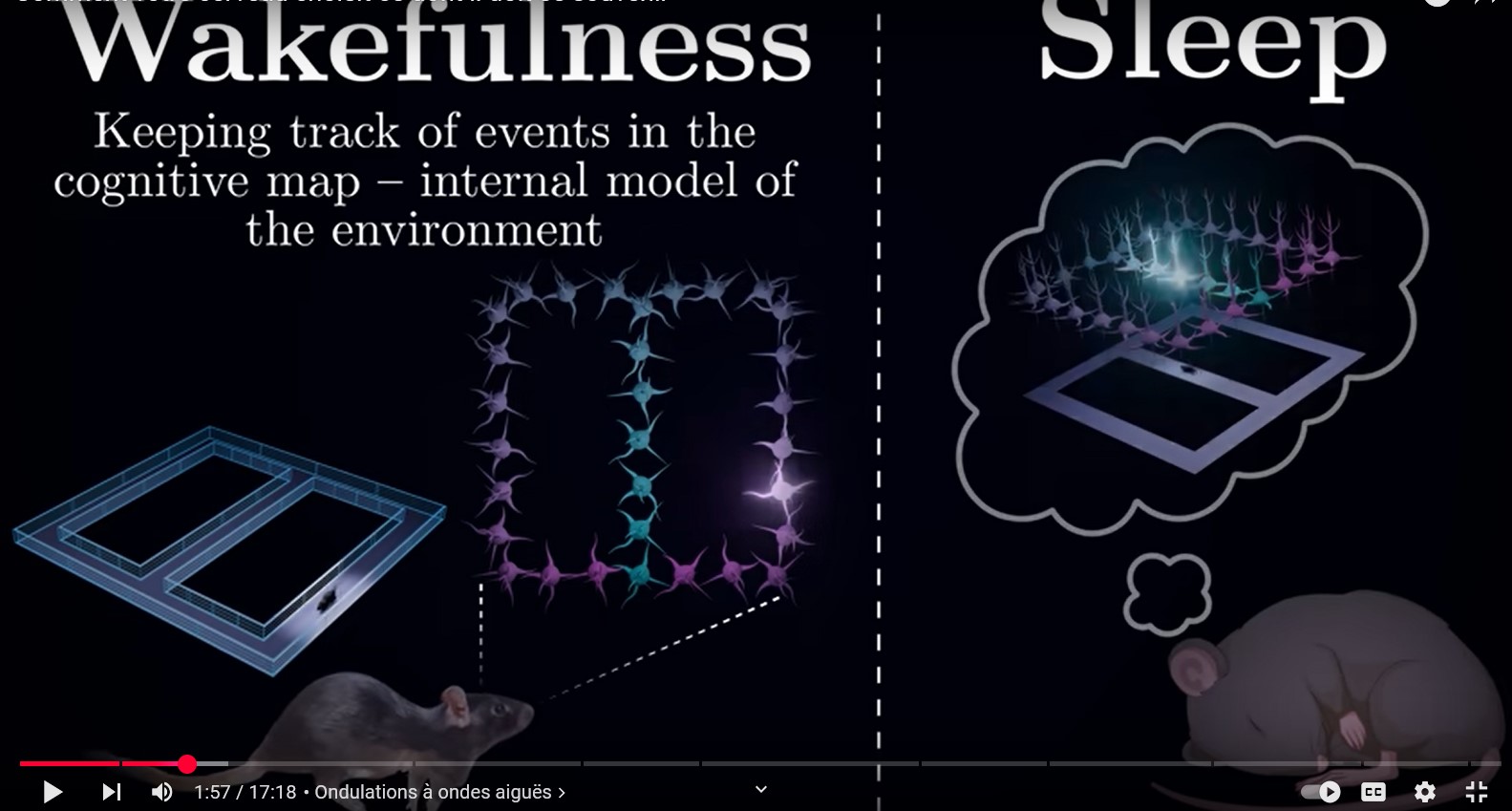Wednesday, 23 April 2025
Our two ways of thinking and the inhibition of the frontal cortex

The human brain is often described as having two main ways of thinking: one of them fast, automatic and unconscious, the other slower, more flexible and requiring conscious control. Each of them has its own benefits and drawbacks. The first—let’s call it “System 1”—is based on the sum of the habits, stereotypes and received ideas that we have acquired since childhood. System 1 doesn’t provide us with any ready-made solutions, but instead sends us down paths to possible or likely ones. In contrast, System 2, with its logical, rational thinking, is slower and more careful. It proceeds by deduction, inference and comparison. System 2 is what lets us see past our conditioning and beyond appearances.
But it’s really hard to apply this kind of critical thinking unless we first overcome the strong instinct to choose the first quick answer that inevitably comes to mind. Here’s a classic example: you’re on a cafeteria line, you’ve reached the desserts and you have to choose between an apple and a piece of chocolate cake. Obviously, you’re going to be very tempted by that cake, but if you have good self-control, you’ll end up taking the damn apple. You will have thus heroically resisted your instinctive attraction to sugar, which was an evolutionary advantage for your hunter-gatherer ancestors in an environment where calories were scarce, but can harm your health in today’s environment where foods with high concentrations of refined sugar are on offer everywhere.
The more general question that we may now ask ourselves as a society is whether we can collectively inhibit our instinct to consume as much as we can right away, and instead secure a pretty important longer-term benefit: a planet that can sustain life for generations to come.
From Thought to Language | Comments Closed
Monday, 24 February 2025
Truly amazing videos about the hippocampus

This week I want to encourage you to watch a video entitled “How Your Brain Chooses What To Remember”, at https://www.youtube.com/watch?v=ceFFEmkxTLg. This video is one of many posted on the YouTube channel of computational neuroscientist Arsem Kirsanov. Kirsanov worked in the laboratory of neurologist Gyorgy Buzsaki , and Kirsanov’s videos about the hippocampus are truly amazing—in particular the one that I just mentioned. Not only does it present the content and methodology of a recent scientific article that is fascinating in itself, but it does so using a brilliant instructional approach with outstanding visuals. (more…)
Memory and the Brain | Comments Closed
Friday, 31 January 2025
Humans: The species built on interdependence among its members

For we humans, the most important part of the ecosystem that we live in is definitely the other human beings who live in it. We have thus developed a strong interdependence by discovering, at a very early age, our need to cooperate with one another and the benefits that this cooperation brings. If you need any proof how much human children are naturally inclined to help one another, all you need do is watch the videos shot by psychologist Michael Tomasello . (more…)
Emotions and the Brain, From Thought to Language | Comments Closed







